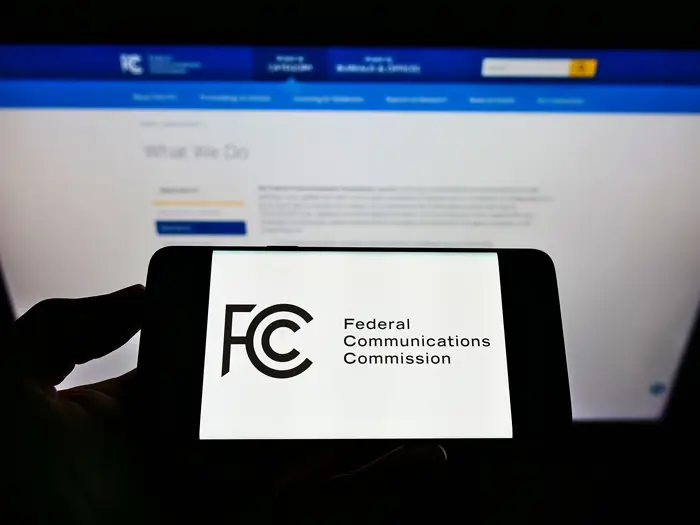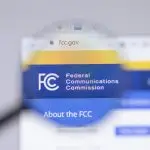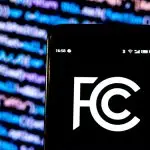FCC Requires Direct Consent from Online Publishers
On December 13, 2023, the Federal Communications Commission (FCC) implemented groundbreaking regulations that significantly reshaped the lead generation landscape. These regulations, stemming from a broader context of evolving consumer privacy concerns and technological advancements, have profound implications for businesses engaged in telemarketing and digital marketing.
Let’s explore the nature of these new regulations, their impact on the digital marketing industry, and the larger context that influenced this pivotal decision.
The Essence of the New FCC Regulations
The recent ruling by the FCC marks a paradigm shift in online marketing practices, particularly focusing on express consumer consent and the relationship between consent and communication.
Core Elements of the Regulation
- Individualized Consent: The crux of the new regulation is the “one-to-one” requirement for individualized consent, which prevents marketers from utilizing automated telemarketing provisions to contact consumers without the consumer’s express consent. Businesses can no longer rely on broad or multi-brand consents for their online marketing since each brand or service provider must obtain explicit consent from consumers separately. For example, if you are operating a website where a consumer enters their contact information, you will now be required to add language for the consumer to give you explicit permission to contact them. Contact made can only be from the listed entity permitted by the consumer.
- Direct Connection Between Consent and Communication: There is a mandated direct link between the transaction or interaction that elicited consent and subsequent communications. This means that all marketing messages must be “topically and logically” related to the initial consumer interaction. This means that if a consumer has provided you with direct consent to contact them about legal services, you can only contact them about that service. You may not contact the consumer about related or unrelated services such as insurance offers or debt consolidation.
Preparing for the Future
The new FCC regulations represent a significant turning point for businesses involved in digital marketing and lead generation, necessitating a strategic rethink of how they obtain and use consumer consent. These changes, while challenging, also offer an opportunity to foster greater trust with consumers by aligning business practices with the evolving landscape of consumer privacy and data protection. As the industry adapts to these new rules, the focus will be on developing more nuanced and respectful ways of engaging with consumers.
How to Prepare
The FCC has not yet published a list of requirements for digital marketers. However, we can expect a clearer picture of compliance in the new year. For now, it is important to review your existing digital marketing properties and campaigns and take inventory of the opt-in flow of your consumers as it will most likely change.
Helpful Software
While this is still speculative, many online lead generators are predicting that services like Active Prospect’s TrustedForm and Verisk’s LeadiD will play an important role in lead compliance with the latest FCC ruling. These companies offer documentation and recording when and where prior express written consent is obtained, ensuring compliance with regulations and reducing legal risks. We currently use TrustedForm on all our websites and scrub against the DNC (Do Not Call) list and it has helped us to improve our lead quality while maintaining a healthy lead flow.
Stay Informed
Follow the FCC’s ruling as it develops in order to receive up-to-date information on compliance. You can also reach out to us if you have any questions about these recent regulatory changes. As a lead generator, we are heavily impacted by this new ruling and are closely monitoring requirements for compliance.
What We’re Doing
Legal Brand Marketing has a twenty-year history of compliance with ongoing regulations while providing industry-leading service. We are taking inventory of all of our online properties, ensuring that all of our opt-in language is up-to-date, and we are also utilizing TrustedForm to maintain a healthy online experience for consumers who visit our sites, maintaining a pattern of quality and compliance.
We look forward to the FCC’s requirements on their new ruling and will keep you informed of any ongoing developments.






